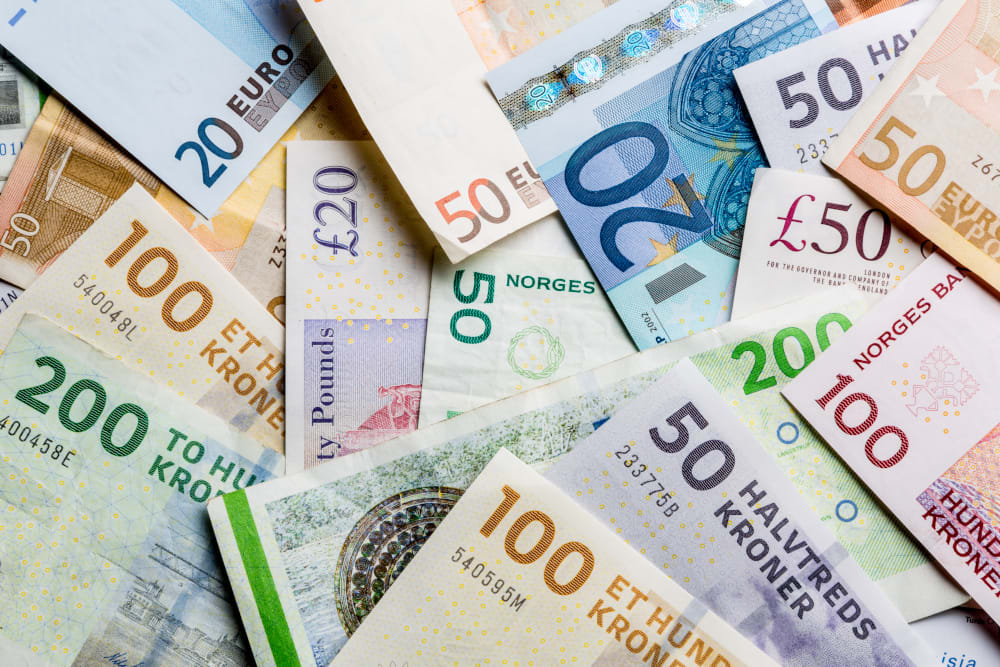Sponsor, institutional price symbiosis filters through to IPO valuations – ECM Pulse EMEA
A symbiotic relationship between private equity houses and institutional investors is bearing fruit for European equity sell-downs – and a similar approach could be a panacea for the continent’s often beleaguered IPO market.
The value of European secondary sell-downs through accelerated bookbuilds, YTD, stood at USD 52.4bn as of 24 September. This is the best year since 2017, surpassing even the boom ECM years of 2020 and 2021.
Source: Dealogic
September itself has continued to be a busy month for blocks, with French sponsor Wendel selling down Paris-listed Bureau Veritas and a consortium of investors reducing their positions in French-listed car leasing company Ayvens.
Success has been found in simplicity.
Block trades in Europe primarily used to be executed through auctioned risk trades, where underwriting banks would compete with one another for business, leading to transactions priced too tight, launched too late, and with bookrunners often left long on the deal.
Such auctions remain common among certain sovereign issuers given a mandate to secure the best possible pricing for the taxpayer, but this has often then caused the selling government’s remaining holding to suffer share price declines.
Consequently, for the most part, this clumsy and often chaotic auction process has been abandoned for mandated trades: banks are selected to run a deal, wall-cross investors before launch, and then sell it to them at a price they want to pay. Sometimes they will underwrite for sellers based on that feedback, but not always.
Unremarkable on the face of it, yet revolutionary for anyone who remembers the old days of late-night launches after a furious risk auction and books closing without covered messages being sent.
This shift has taken several years to execute, but its almost ubiquitous adoption this year by private equity is particularly notable given the traditional reputation of European sponsors for price maximisation via ECM transactions.
These sellers have caught on to the necessity of prudent pricing to ensure staged exits can be favourably executed over several trades.
“Private equity has been cautious in trying to make sure they can easily sell more down the road and don’t want to hurt prospects for the next, or final, block,” an ECM banker involved in several recent block trades said.
This news service has previously flagged the possibility for blocks in several sponsor-owned assets, including French-listed optical device business Exosens (sponsor: HLD), Polish e-tailer Allegro (Permira, Cinven), and Swiss-listed skincare conglomerate Galderma (EQT).
In all these cases, private equity houses retain a large residual stake and have priced deals conservatively after wall-crossing investors. All have continued to trade higher through various sell-downs over the past year, providing a win-win for both sellers and buyers.
More IPO sponsors start to embrace price symbiosis
This investor-issuer harmony in Europe’s block market remains a stark contrast to the valuation debates still bedevilling the IPO pipeline.
Unlike blocks of old, IPOs in Europe are not subject to a traditional risk auction and full underwriting.
But the concept of banks bidding to win business at as high a valuation as possible, with the resultant listing candidate being shoehorned into the market at an unfriendly price for investors, is a tale as old as time for Europe’s IPO market.
This often leads to a spate of cancelled IPOs in Europe, with deals all too frequently pulled after launch.
Just this year, two German IPOs – Autodoc and Brainlab – were both cancelled at the end of bookbuild, alongside the London listing of Cobalt Holdings.
Valuation is certainly not the only reason deals are cancelled. But investors have repeatedly told this news service that an open and more constructive dialogue on IPO valuations – à la block trades – would represent a sensible evolution for a market that has been on the back foot since 2021.
“It’s quite frustrating,” said one buysider. “You can have so many meetings before an IPO and give so much valuation feedback, and then are ignored.”
In 2024, Italian shoemaker Golden Goose and Spanish baker Europastry were both cancelled just before they were set to complete their public debuts.
Even when deals do cross the finish line at expensive valuations, the result is often far from optimal.
Spanish-listed luxury conglomerate Puig, which successfully priced an IPO last year, came at a paltry discount to its main peers. This left little room for growth once priced, and the stock fell dramatically after the company disappointed on earnings.
Last week, ECM Pulse examined fears that the price on SMG Swiss Marketplace Group, might also have been too close to peer multiples; the stock is now below its CHF 46 a share offer price, trading at just CHF 45 each.
But not all issuers are taking the same tack. Today (29 September), H&F-backed Verisure set an IPO equity valuation of EUR 12.9bn-EUR 13.9bn, right in-line with the range tipped by this column to best match investor price sensitivity – a message likely also fed to the company in pilot fishing.
Another Swedish IPO candidate, NOBA Bank, was also priced at a generous discount to banking peers and has traded up as a result.
Alignment between sellers and buyers on European listings valuations still has a long way to go. But as we’ve seen with follow-on trades this year, if more issuers start taking greater account of buyside feedback when structuring market debuts, the continent’s IPO fortunes could be transformed.











